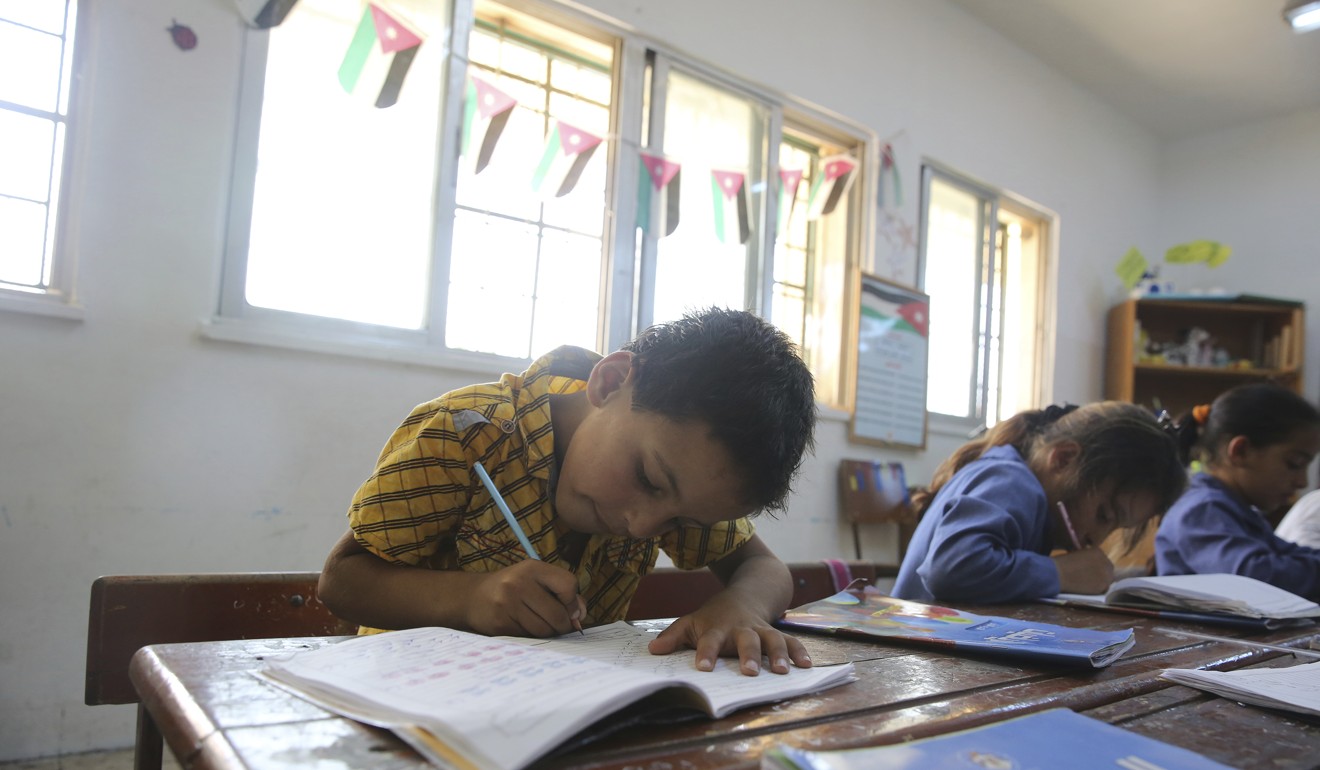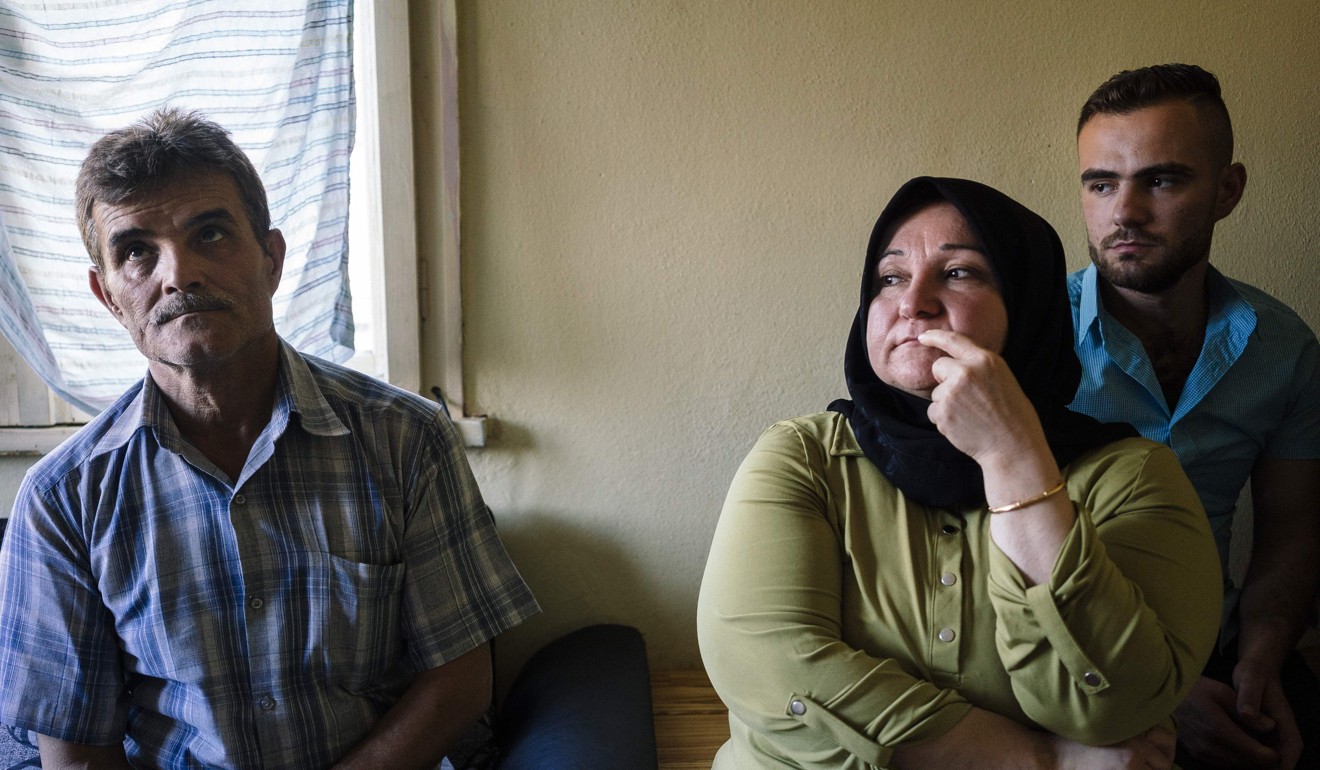
Syria’s war created millions of refugees – now some might be forced to return home
At least 5.1 million people have left Syria during the six-year conflict, with most seeking safety in Turkey, Jordan and Lebanon
As Syrian refugees begin to trickle back to a homeland still at war, aid agencies fear that a proposed change to UN guidelines could accelerate the pace of returns.
At least 5.1 million people have left Syria during the six-year conflict, with most seeking safety in Turkey, Jordan and Lebanon. The UN High Commissioner for Refugees (UNHCR) deemed the threat of violence and detention in Syria so grave that it has supported many of the refugees in the region.
But as the influx strains economies and deepens political tensions, host governments have discouraged refugees from settling permanently.
In Lebanon this year, Syrian refugees have been evicted from makeshift displacement camps. In Jordan, hundreds of Syrian refugees are being deported across the border monthly with little warning and no recourse.

“That the Syrian refugee crisis was long-term and therefore needed sustainable solutions was the very clear and dominant narrative until very recently. But now there has been a shift,” said Jeff Crisp, a former head of policy development at UNHCR who is now an associate fellow at the London-based Chatham House foreign affairs think tank.
The UN agency said in June that it monitored “a notable trend of spontaneous returns” to Syria, with more than 22,000 refugees crossing back into the country between January and May.
There are few signs that mass returns will happen any time soon, but UNHCR is preparing to resettle the growing number who do cross back into Syria, recruiting new staffers in the country and seeking an additional US$150 million to improve conditions there.

“Will governments use this ‘wilfully’? Maybe,” said the representative, according to minutes of the meeting circulated among non-governmental organisations in the region. “Will we continue to protect Syrian refugees in Egypt? Absolutely.”
Rula Amin, a spokeswoman for UNHCR, said the agency is working on an update that is still under review.
The increase in returns to Syria is partly a response to improving conditions in some areas of the country. Forces backing President Bashar al-Assad have recaptured most major urban centres, and thousands of rebel fighters once scattered throughout the country have relocated to an al-Qaeda-dominated province in the north under a series of government-driven truces.
But while government-held areas are largely secured from the threat of open warfare, many refugees fear the prospect of arrest or conscription to Syria’s overstretched army on return.
“I cannot trust anyone if I go back,” said Emad, a student from Aleppo who spoke on the condition that his second name be withheld out of fear for his safety. Now living in Tripoli, Lebanon’s second-largest city, he described what was meant to be a short trip back to Syria in 2014 to secure paperwork needed for a Lebanese residency permit.
Arrested within hours of arriving in Damascus, the capital, he said he was tortured for more than a year in the most brutal of the Assad government’s detention centres.
Other returnees say the grinding poverty of their lives abroad left them with little choice.
“We always thought we’d go back to Syria one day. We never realised it would be out of desperation or exhaustion,” said Maya, a young mother of four now living in Damascus.
In recent weeks, rumours have swirled among refugees. A message claiming that families must leave by September 1 went viral on messaging apps. Another falsely said UNHCR was planning to close its offices in Jordan.
“At times it’s bordering on hysteria,” one aid worker said, speaking on the condition of anonymity.

